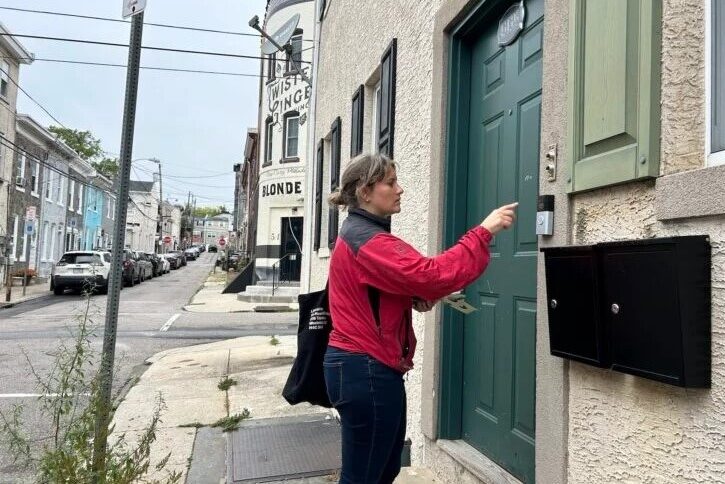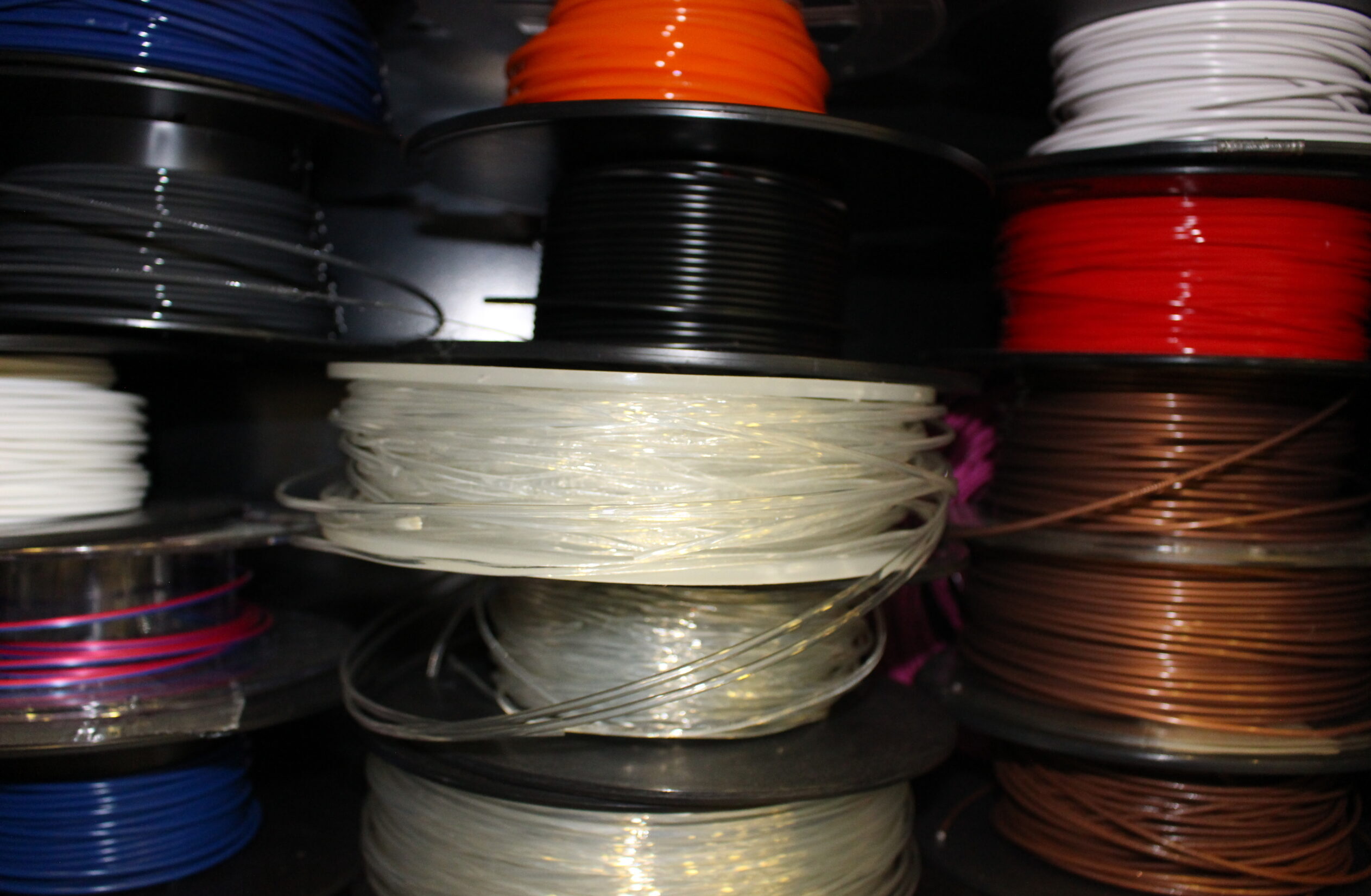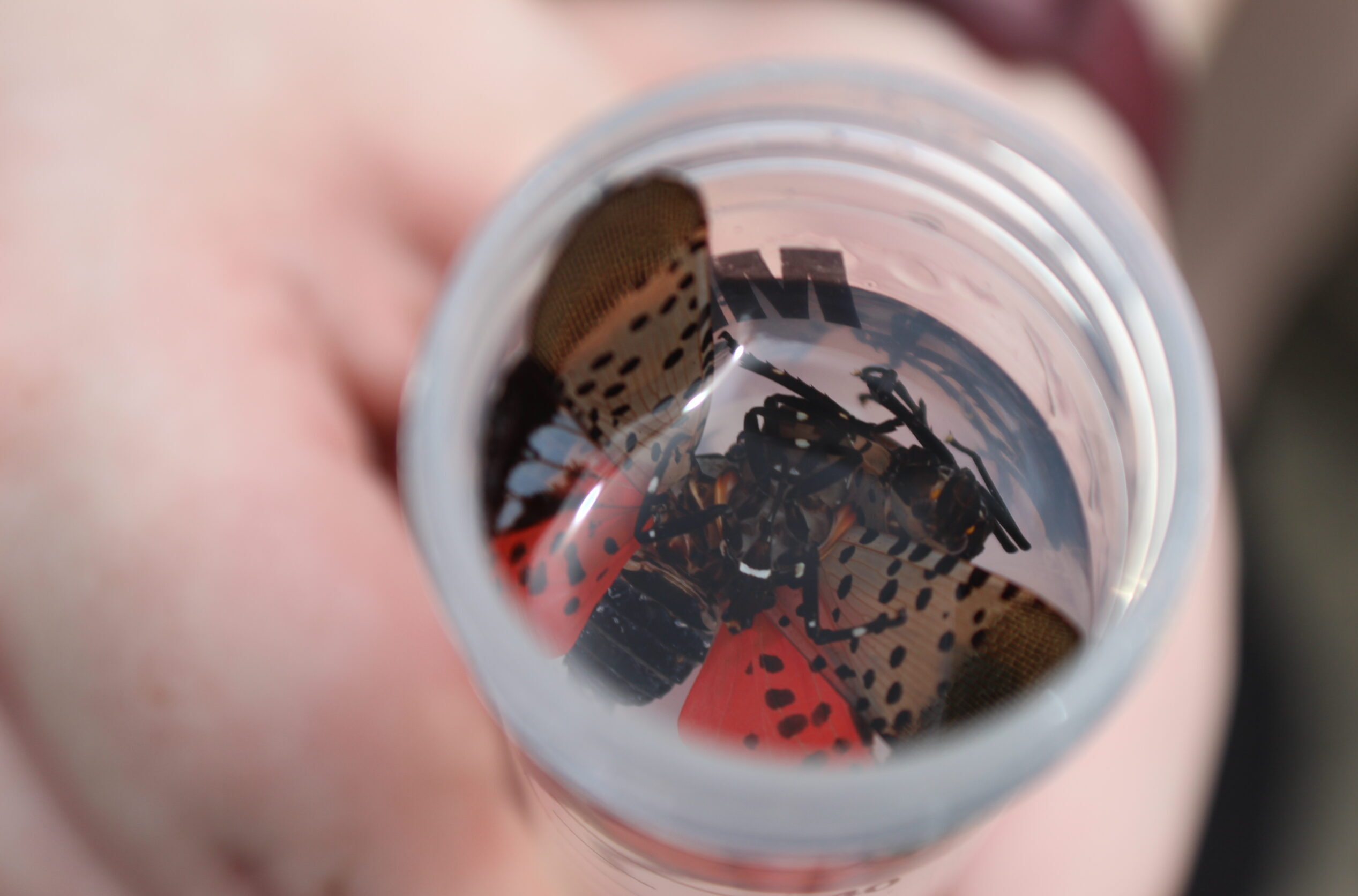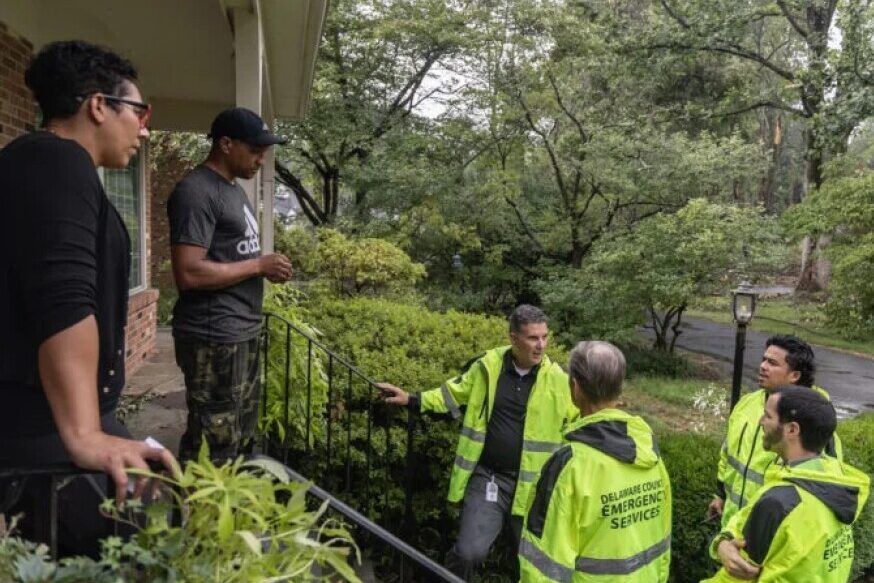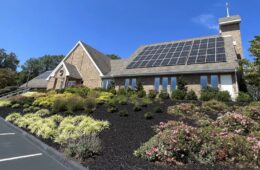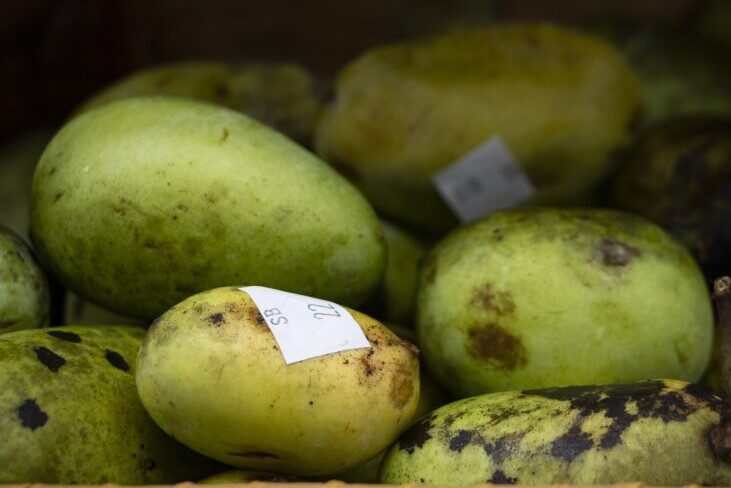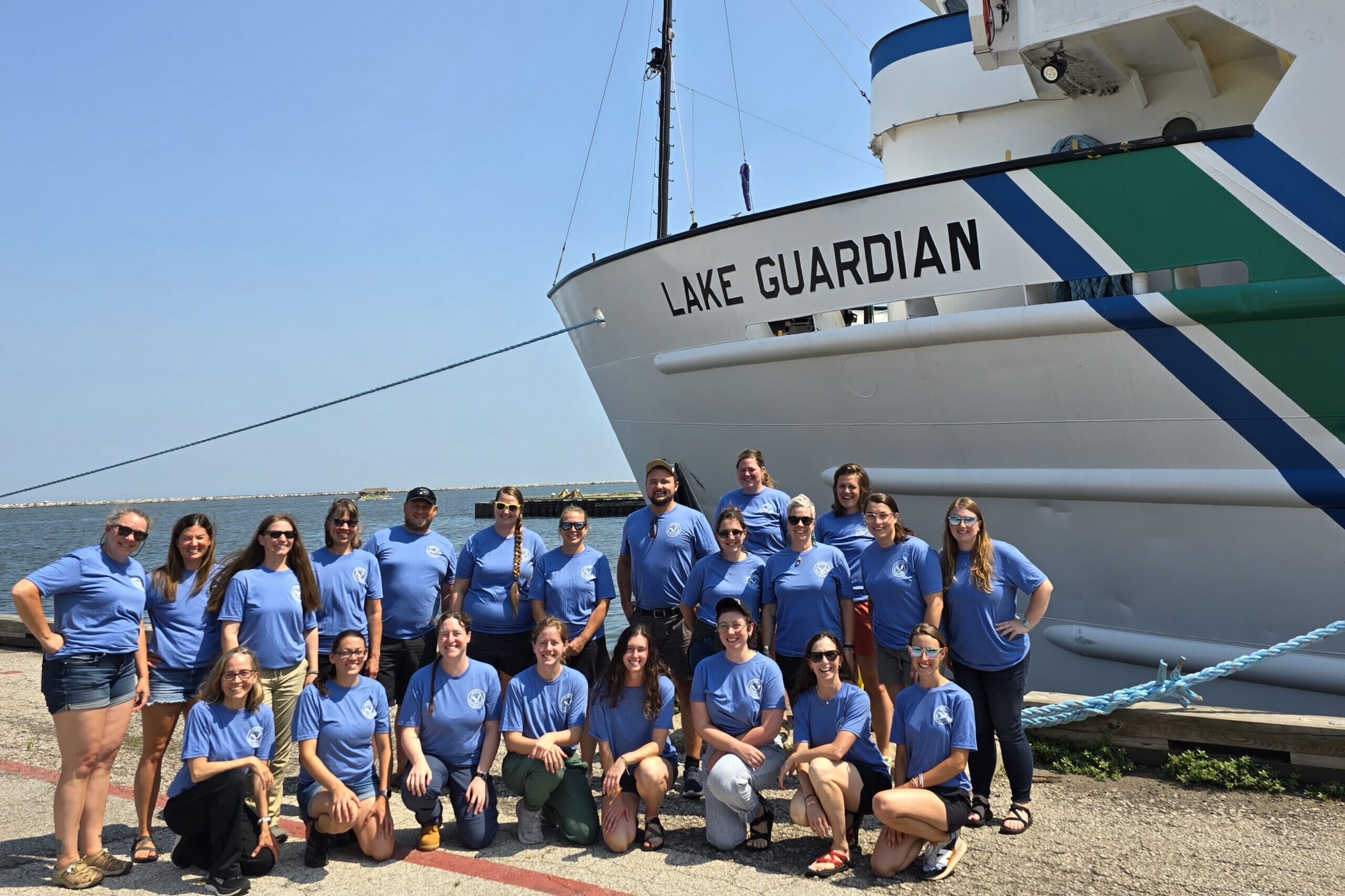Episode for October 11, 2024
Former President Trump has been claiming there is a Biden electric vehicle mandate. There isn’t one, but the rhetoric has some EV advocates concerned. A new study shows support for leasing land for solar projects in Pennsylvania farming communities. Volunteers are knocking on doors to get people who care about the environment and climate change to vote. Also, lead drinking water pipes in the U.S. must be removed within 10 years. A new survey looks at Pennsylvanians' attitudes toward fracking. A Weirton plant that makes batteries to store wind and solar energy gets a $150 million grant from the Department of Energy.


